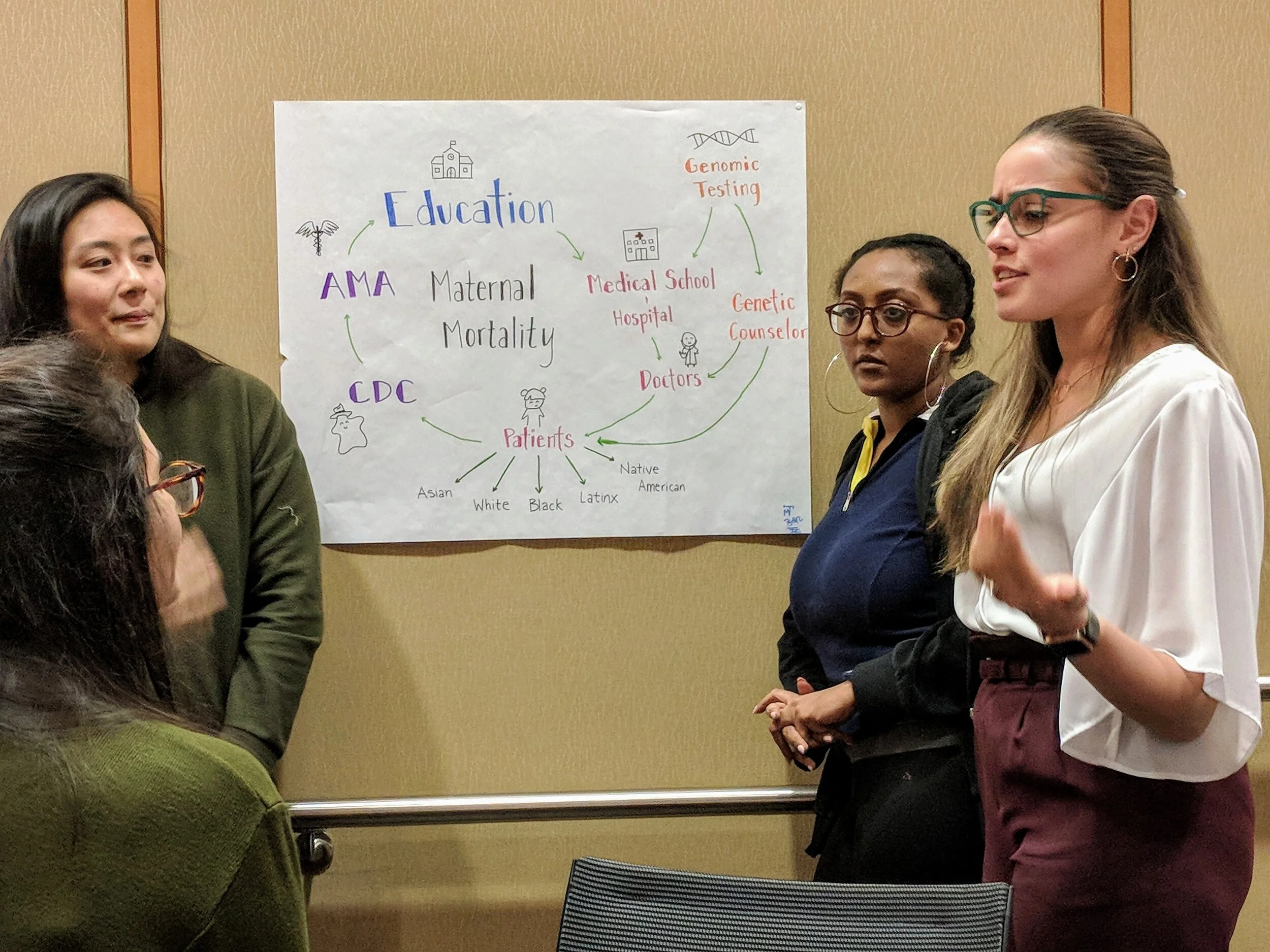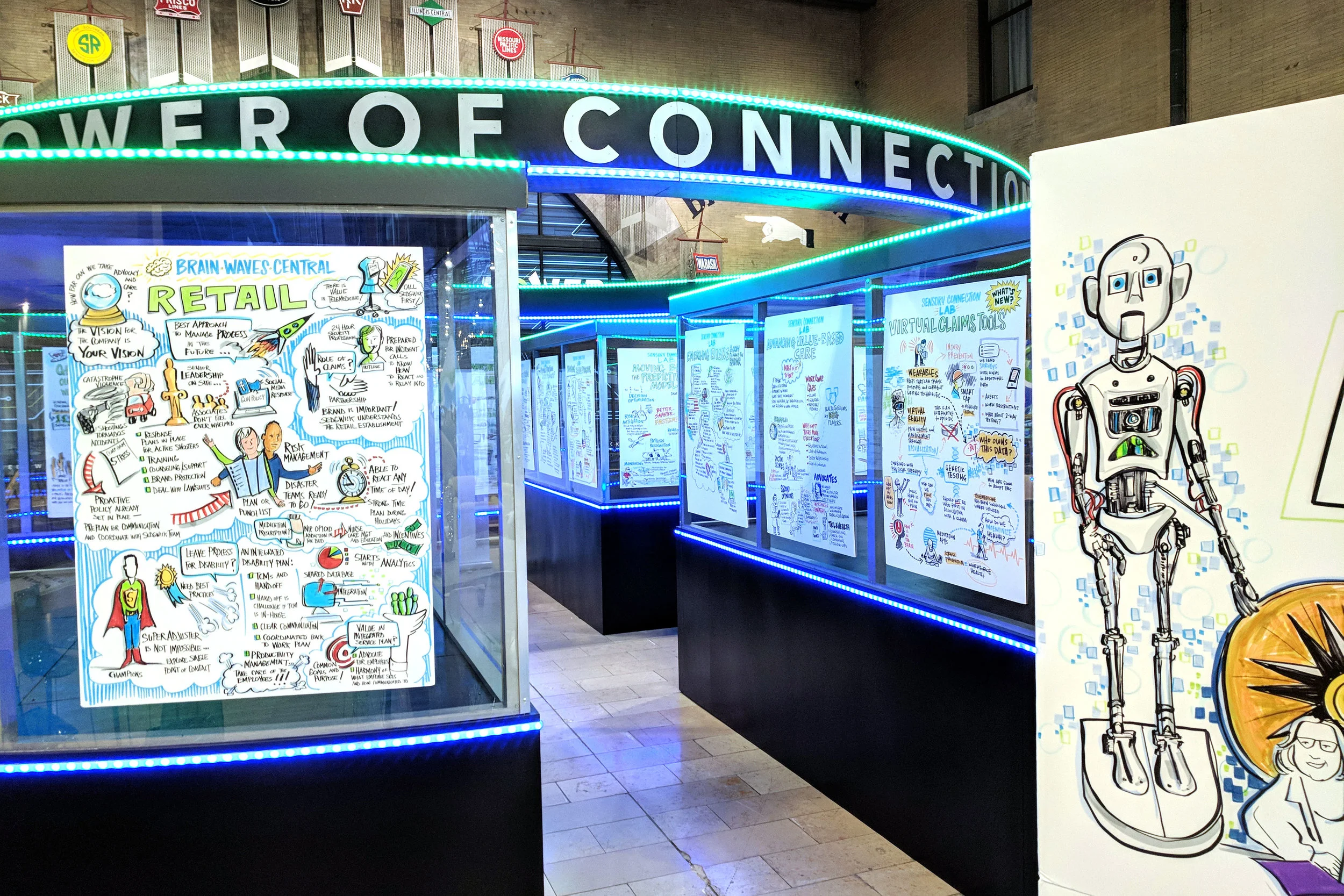 Goal of Time Management:
Goal of Time Management: Get control over the timing and content of what you do.
Wait... what's that on your back? Could that be a Monkey? In the course of our working days all of us acquire duties, chores and tasks. Some of them are important and they need to be addressed so that we can finish our deliverables. Others must be considered as "Monkeys" - tasks that we got stuck with and now don't seem to be able to get rid of even though we might not be the right person to take care of them. And we all wonder - how did I get stuck with this? Mike Graupner, PMP (http://www.pm-mind.com) describes to us today the techniques he uses to address the Monkeys in his life. We talk about Monkey Management in general and we also look at how this translates into managing the Monkeys on your projects.
|
In addition to the law of monkey management, the authors list six rules of managing monkeys that are instructive to managers. These include:
1. Monkeys should be fed or shot. No one likes the consequences of a starving monkey. They tend to be very disagreeable and squeal and raise a ruckus. Monkeys must be fed periodically; in this analogy, the problem must be dealt with between the manager and the employee with the problem on a regular basis. If the monkey can be shot (the problem solved quickly), then feeding times are not necessary.
2. Every monkey should have an assigned next feeding time and a degree of initiative. After a feeding session, the manager should select an appropriate time for the next feeding and should have a number of action steps for the employee to take. "Can we meet next Tuesday at 10:30 a.m. to see how things are going and what we should do next?"
3. The monkey population should be kept below the maximum number that the manager has time to feed. The authors suggest that it should take 15 minutes to feed a monkey, and that managers should keep the list of problems that are in various stages of solution at a manageable number.
4. Monkeys should fed by appointment only. Allowing employees to bring problems to you on their timetable increases the chances that the monkey will move from the employee to the manager. By setting specific times for addressing the problem, managers empower employees to make interim decisions about the problem, and still report back.
5. Monkey feeding appointments may be rescheduled but never indefinitely postponed. Either party, the manager or the subordinate, may reschedule a feeding appointment for any reason, but it must be scheduled to a specific time to avoid losing track of the monkey.
6. Monkeys shall be fed face to face or by telephone, but not in writing. Holding feeding sessions via e-mail or memo transfers the monkey to the manager. An employee can pass the monkey to the manager by simply requesting a response. Feedings that take place in person or on the phone require the monkey to remain with the employee unless the supervisor takes an affirmative step to take it.
Proper delegation skills, properly applied as suggested in this creative approach, can help managers better solve problems and develop their employees' problem solving skills. Visualizing each problem as a monkey that is impatient and noisy can help managers see problems as they really are and address them in the best possible way. Beware of the monkeys that may come into your life today!















